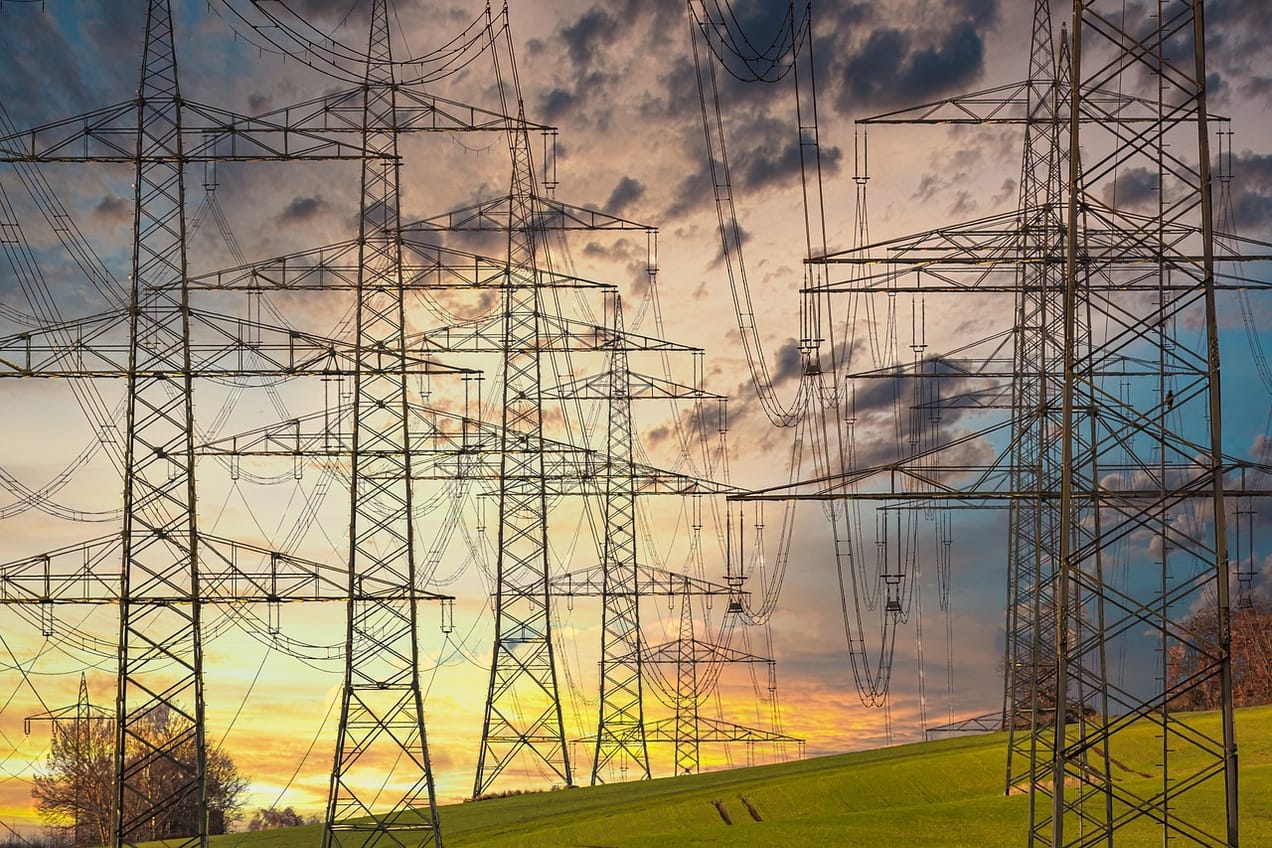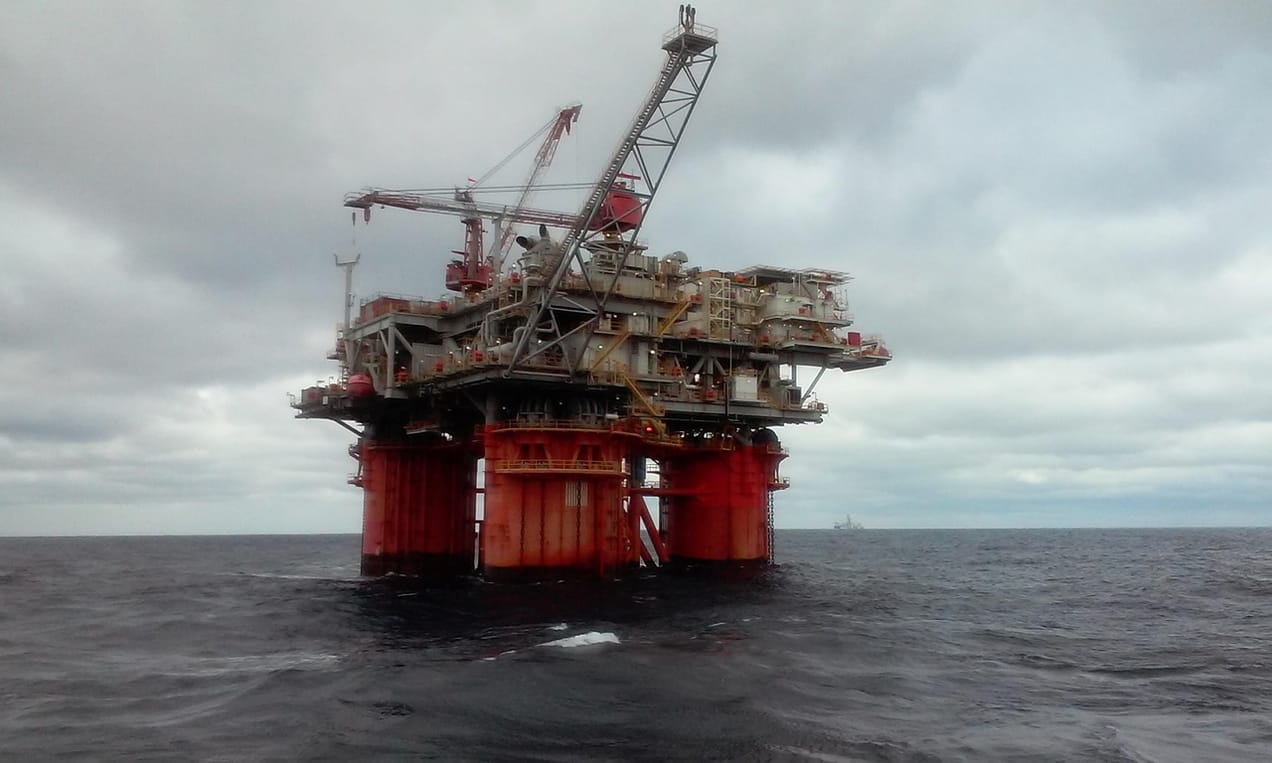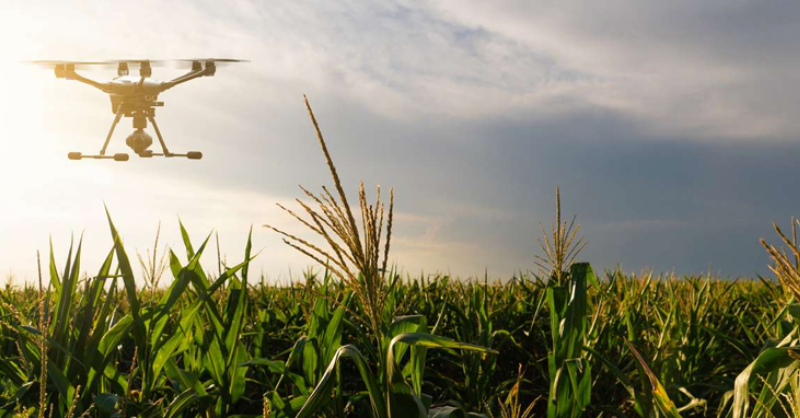
Sunday Brunch: Agriculture needs less complex tech?
If we are to build a more sustainable agricultural system globally, we need technology that is cheap, modular, and easy to implement and operate.
If you ate today, thank a farmer : bumper sticker from the early 2000's
If we are to build a more sustainable agricultural system globally, we need technology that is cheap, modular, and easy to implement and operate.
Sometimes technology is a big part of the answer. For instance software and AI is going to become really important in managing electricity grids, including demand management and battery operations. But in other cases it's only an element of the solution.
Agriculture is a good example of this. Yes, for large scale farms in Europe and North America, driverless, automated tractors will be game changing. But these markets are only part of the challenge. What about the rest of the world?
One theme that we come back to frequently is how hard it is to get industries and consumers to change behavior. It's a particular challenge for groups such as farmers, where the possible loss if things go badly can outweigh the promise of future benefits. One bad crop can lead to material financial distress.
This is particularly true of farmers in developing countries, where farms are often small, the upfront costs of adapting new technologies are material, information can be hard to come by, and after sales support is frequently limited. Plus, government policies are often not supportive.
And yet we need to make global farming more productive. Even if we are skeptical of forecasts suggesting a growing global population, we know that urbanisation and rising incomes will increase the demand for food. And much of this demand will be met by small farmers.
Yes, advanced precision ag technology such as automated tractors are important. But so is building solutions that are cheap, modular, and easy to implement and operate. Something for sustainability investors and impact professionals to consider.
If you want to read the rest and are not already a member...

Agriculture needs less complex tech ?
This is not an either/or issue, it's an 'as well as' one.
Let's start at the complex end. We have all seen the press and trade coverage of technologies such as driverless tractors. And while the physical tractor and the related technology is important ...
the kingpins of any autonomous farm vehicle project are the software writers and electronics engineers who can make it all work efficiently and reliably, with a digital platform for planning the machine’s tasks and enabling 24-hour remote monitoring via a mobile device.
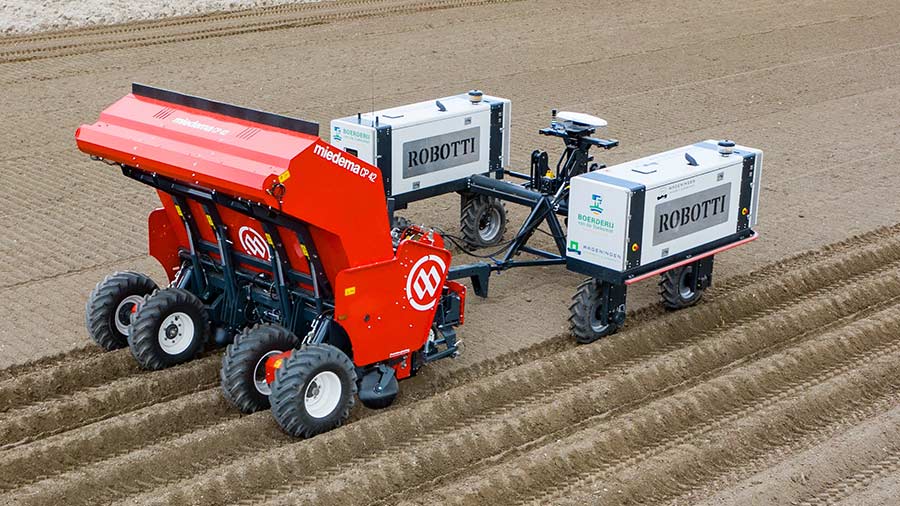
This is the way that farming in many regions is going, at least for arable. It meets the need for a better control of expensive inputs (water, fertiliser, and pesticides). Plus it addresses the growing lack of skilled operators. And it can protect soils by using smaller, lighter machinery that delivers productivity through longer working hours.
But this technology isn't appropriate for every farmer. Or even for the majority.
What does the typical farmer look like globally?
Most farms (84% apparently) are small, especially in low and middle income countries. They are typically below 2 hectares in size. There are around 500m of them, and they provide food and income for the poorest people around the world.
And in many apparently wealthy countries there are also many farmers on low (relatively) incomes. For instance, a recent report suggested that a lowland cattle & sheep farm in Wales might earn as little as £18,700 pa. And that's for the total farm, not per person.
A 2022 study by Tamas Mizik looked at this from the perspective of a small scale farmer.

Let's start with the challenge. The five main constraints of precision agriculture technologies at the small-scale level are small land size, high cost of adoption, technology-related difficulties, lack of professional support, and lack of supporting policy.
And the underlying problem: the solution needs to be site specific. Farmers need data on their soil (e.g. quality, fertility, nutrient profile, water absorption capacity, weed density) and weather conditions (e.g. rainfall, temperature). On their farm, not some generic regional figures.
You put all of this together and you can see why the development of precision agriculture is different from previous farming innovations. With greater divergence across regions and farm types.
So what is the answer?
The solution is partly about being modular. Allowing farmers to introduce it step by step. Which lowers the up front costs.
So, simple sensors that can measure factors such as soil quality, that are plug and play, connected into a farm management system that can run on a smart phone. That in turn links into IoT, GPS location identification, and weather forecasting modules. Which also monitors and manages water, fertiliser and pesticide applications. With the farmer able to feed back crop yields into a simple AI based system that optimises inputs for next years crop cycle.
The good news is that these technologies are getting cheaper and easier to build. Not just the hardware (sensors), but also the software. So something that the private sector can build and scale.
However, all these things matter only if the human factor is aligned, i.e., farmers are educated, skilled, and aware of the benefits of precision agriculture. And if they have follow up support. Which is a problem. We want a system that doesn't cost much to set up and run. But technological solutions need expensive one on one support, both pre and post sale.
Putting it in commercial terms, high conversion costs (converting a farmer into a sale) and low per sale value. Not the best financial proposition. Especially when considered with the high value sale of a driverless tractor.
Which is where NGO's and impact investors can come in. Buildings networks that educate farmers, and spread best practice. And funding advisors who can help design, build, install and fine tune the hardware and the software.
A September 2021 report from the UNDP Global Centre for Technology, Innovation and Sustainable Development highlights simple technologies, and examples of them actually being applied on the ground.
But we need more. Our ability to feed the world depends on it.

The good news, it's a great business opportunity. But, we should not assume it will be easy
Something a little more bespoke?
Get in touch if there is a particular topic you would like us to write on. Just for you.
Contact us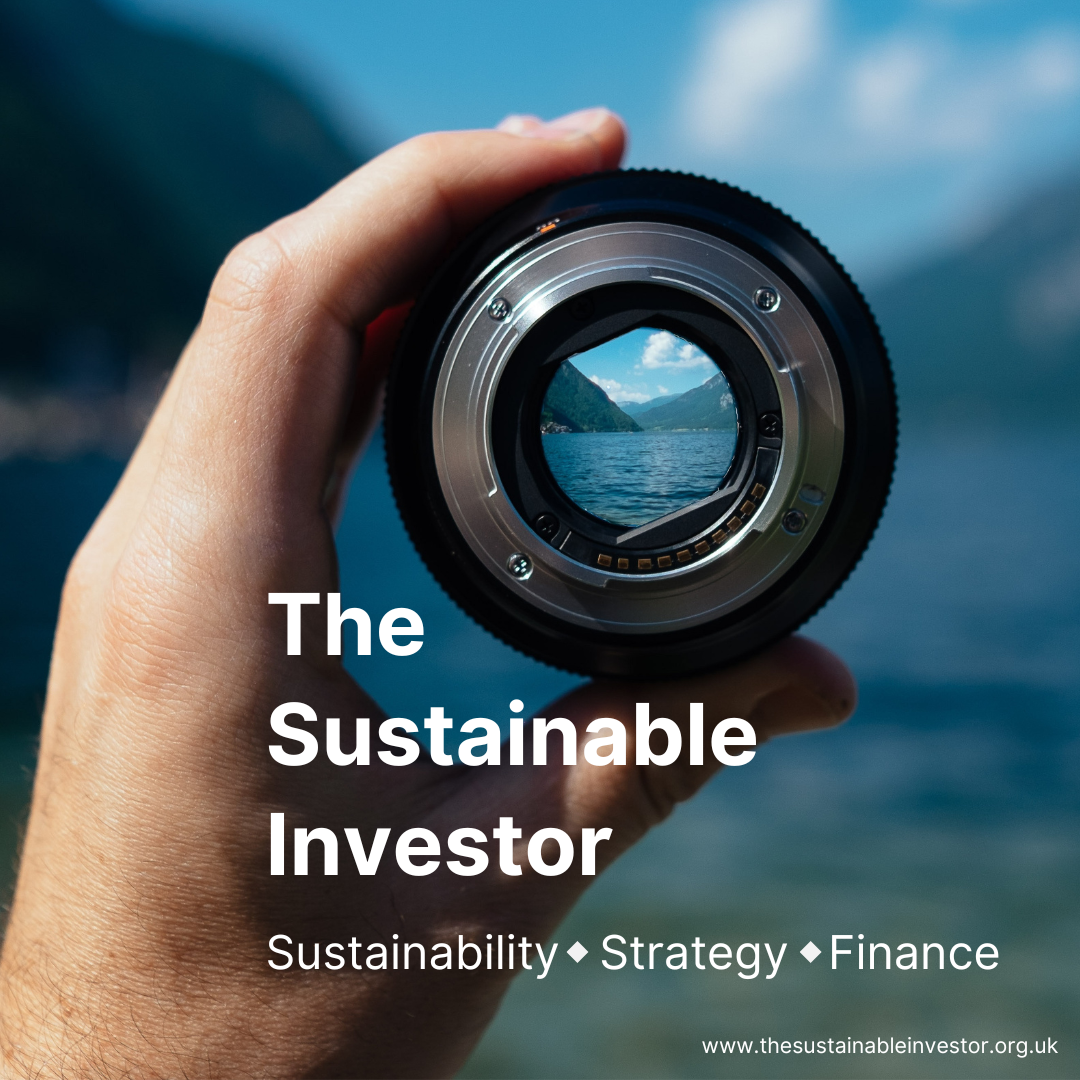
Please read: important legal stuff.


